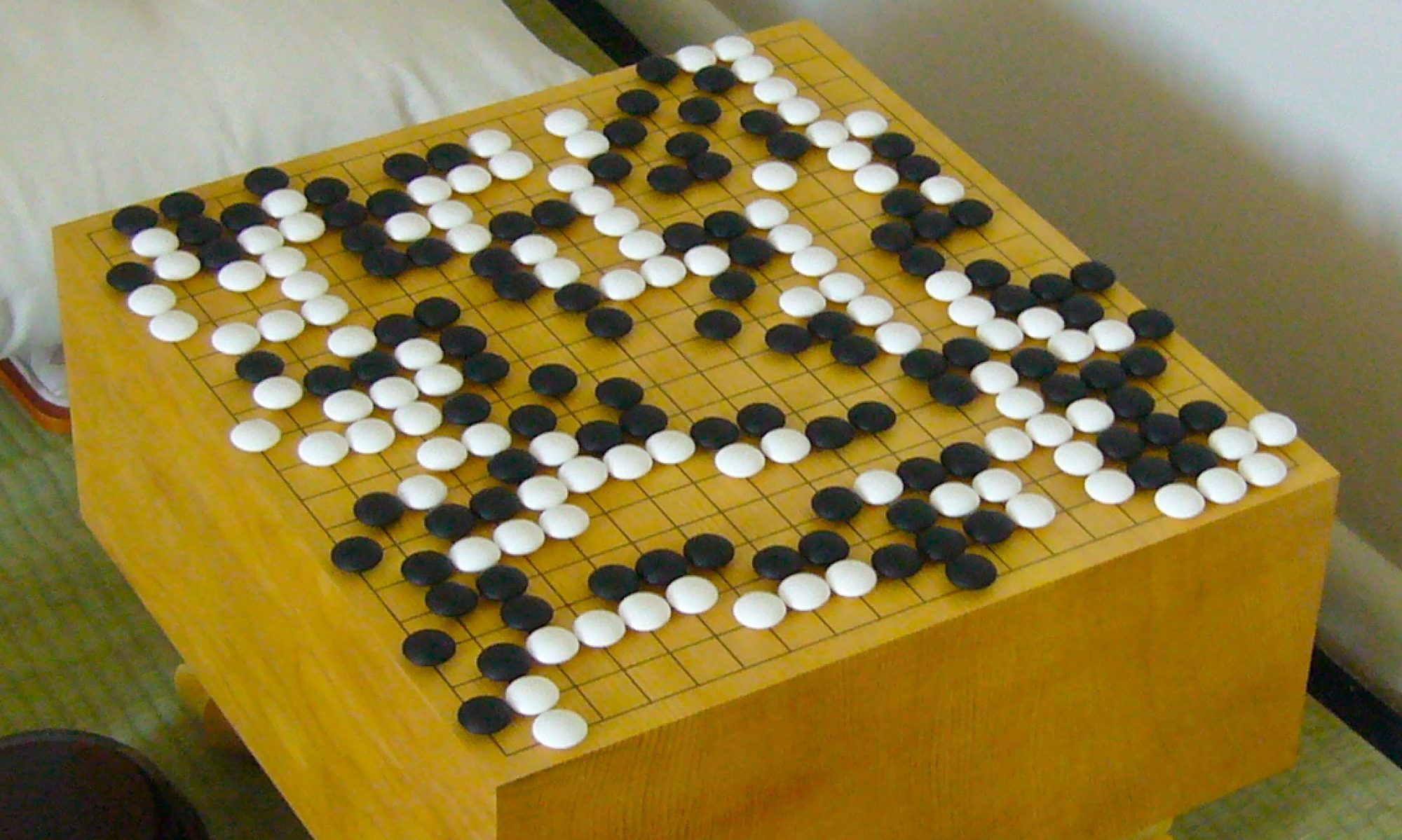One of our biggest risks currently is the possibility that the planned minimax strategy will not prove effective as an initial opponent for the self-play RL model (be it too strong or too weak). If it is too weak, the platform that we are building it on can be extended to look more than 2-ply into the future. While this will increase training time (as the calculations will take longer to compute) it will provide a stronger opponent. On the other hand, if it proves too strong, we have other, even more basic strategies waiting in standby, such as 1-ply maximization (just maximize the amount of stones captured in one move, ignoring the possible responses) or even a random agent.
With regard to changes, a possible problem pointed out during the presentation was the idea that some variants of Mancala were solved. While we had always planned on this, we had not made clear that the version we were building for our website was an unsolved variant (the seven stone variant of Kalah Mancala). Some players use other ways to get around the solved aspect of the game such as switching positions after the first move, but those add unnecessary complication to the game, raising the barrier for entry, especially for younger players. This will not cause any increase in price, or changes to the system itself, but does specify requirements a bit better. Other than that there have been no changes to the system or structure of the project.
For right now, everyone is on schedule, so no changes are necessary there.
The effect our project will have on public safety, the economy, or the environment are relatively minimal. Of course, we are using a small amount of computational power on training the RL model and maintaining our servers, but in the grand scheme of things it is next to nothing. That being said, our project certainly has a non-trivial effect socially, and could possibly improve mental health for some users as well. Multiplayer games are inherently social, and an online platform for them provides an outlet for users to connect with other like-minded individuals. The fact that there is no major website dedicated to Mancala makes it all the more important. Beyond even meeting new people and possible friends, our project would also allow for friends to play each other directly, for friendships where it is difficult for the participants to see each other (long-distance, etc.) this can help strengthen them. Finally, this may only be relevant a tiny percentage of the time, but the small amount of social interaction from online gaming can make a significant difference in mental health. It is all too easy to shut yourself away and not interact with anyone, and as this effect compounds it becomes harder and harder to break out of it. Online social interaction can be a small step in the right direction, and our platform could provide that.
